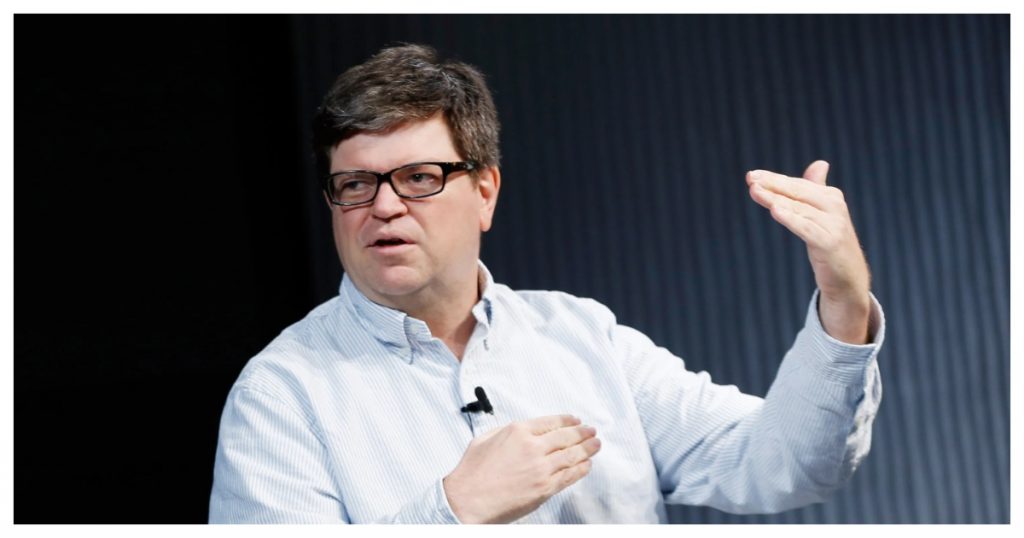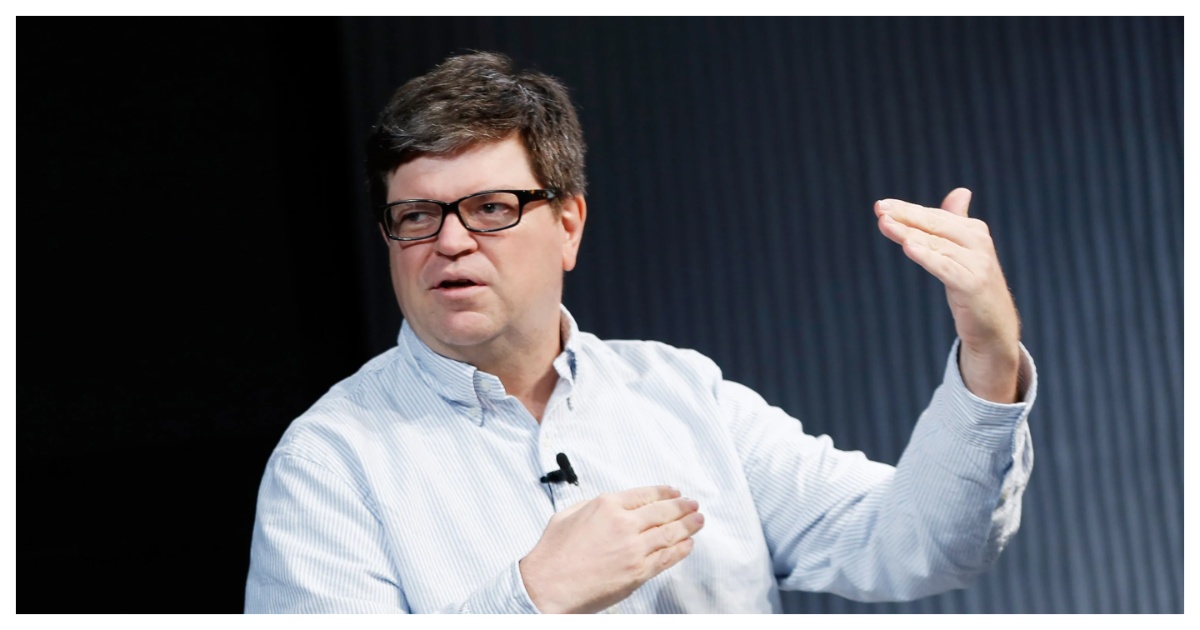Much has been said about how the upcoming AI revolution will impact humanity, but a prominent voice in the space feels that it will have a resonance with something that humanity has experienced before.
AI will create a new renaissance for humanity, Meta’s Chief AI Scientist Yann LeCun has said in an address to the United Nations . The Renaissance was a period in European history, from the 14th to the 17th century, that saw a revival of interest in classical Greek and Roman culture. It was a time of great intellectual and artistic activity, marked by the emergence of new ideas and technologies.

“AI will profoundly transform the world in the coming years and decades,” LeCun said. “Simply put, AI will amplify human intelligence. AI is accelerating progress in science and medicine. AI is facilitating access to information and knowledge. AI is making more people more informed, more creative, and more productive. In the coming decade, AI will become pervasive,” he said.
He gave an overview of how daily life could be impacted in the coming years. “Everyone will have access to virtual staff of AI assistants at all times. They will help us in our daily lives like a staff of human assistants. We will interact with them through wearable devices like smart glasses and smart phones. They will provide information. Easy access to knowledge in every language in the world,” LeCun said.
“AI will supercharge productivity and human creativity. It will help countries with aging and decreasing populations. It will turbocharge scientific and technological progress. It will help us solve some of the biggest problems facing humanity, such as climate change, the treatment of cancer, as well as endemic or chronic diseases,” LeCun continued.
“AI systems will eventually constitute a repository of all human knowledge. But AI will make dramatic progress over the next decade. There is no question that, at some point in the future, AI systems will match and surpass human intellectual capabilities. They will be very different from current AI systems,” he said. LeCun has previously said that he expects AGI to be achieved in the next 5-10 years.
“They will be capable of understanding the physical world, to remember, to reason, and plan. They may have some level of common sense. It will not happen tomorrow. Probably. Over the next decade or two, those superintelligent systems will do our bidding and remain under our control. They will accomplish tasks that we give them, subject to safety guardrails,” he said.
LeCun said that the development of AI will be a seminal moment in history, much like the invention of the printing press. “Guardrails will shape their behavior similarly to how inviolable laws would shape human behavior. It is often said that AI is enabling the next industrial revolution. I think the effect of AI on society may be more akin to the invention of the printing press and the wide dissemination of knowledge through printed material. By amplifying human intelligence, AI may bring not just a new industrial revolution, but a new renaissance, a new period of enlightenment for humanity,” he said.
It’s a brave vision, and might actually come to fruition, but there might be challenges to solve along the way. Humans will have to make sure that the super-powerful machines they’re developing behave safely, and don’t harm at any point along the way. Humans will also need to navigate the societal disruptions that come along the way as AI brings with it sweeping changes. But if things work out well — and we have some luck along the way — we might get another renaissance like Yann LeCun envisions.
